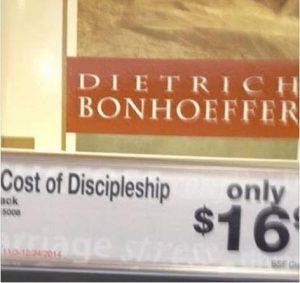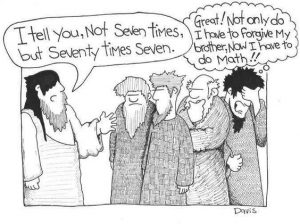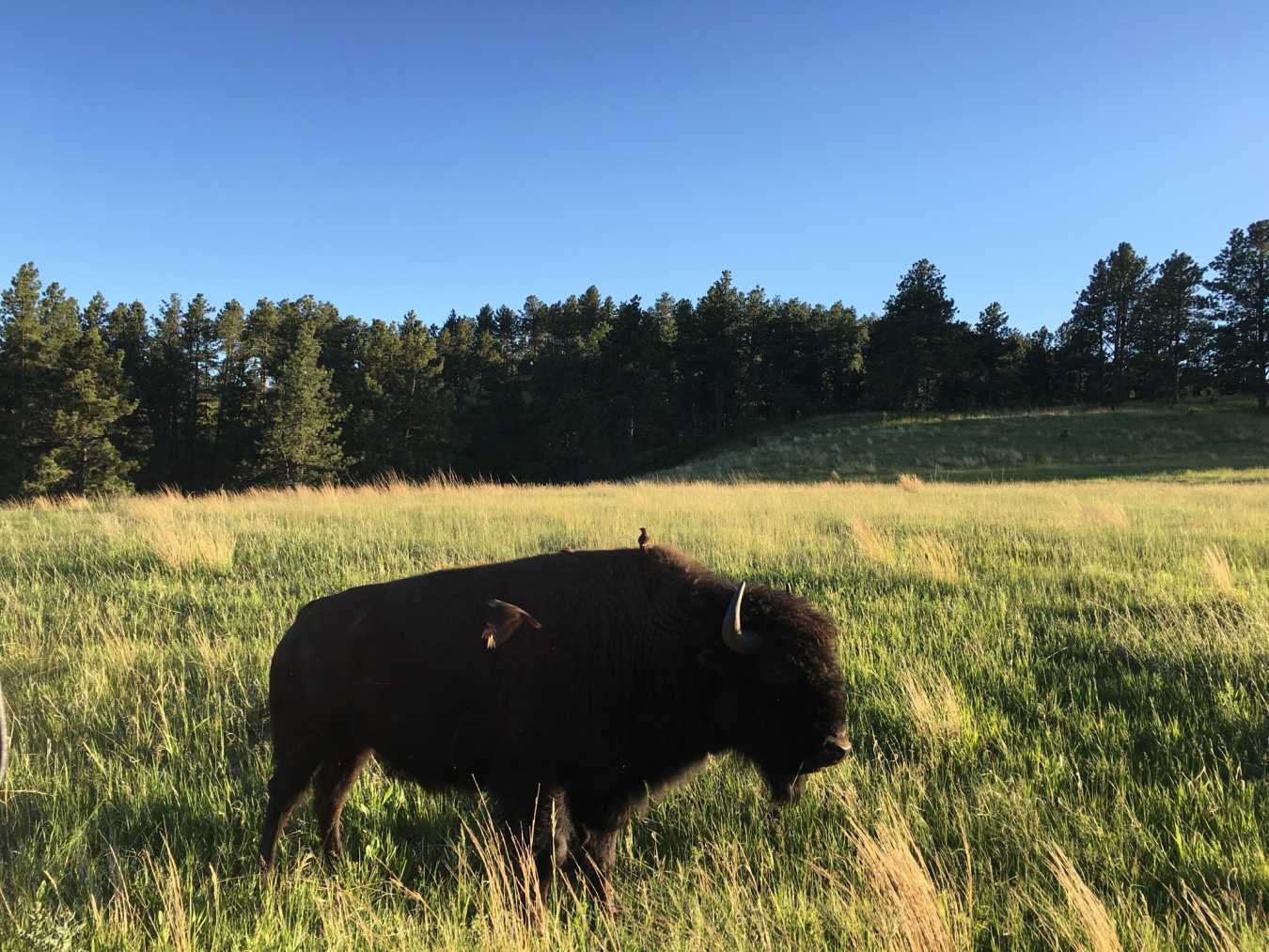I love a good bargain – don’t you?
I may not be an expert at coupon clipping, and I may not always know the best ways to get things at the best prices, but I can always appreciate finding a good deal on something. Can you believe I found the perfect thing for only $10? It’s even better if you find something for free, or if you’re able to barter for it. Maybe you are able to trade watching someone else’s kids for them watching yours in return. Or, some crafters might crochet something for a photographer in exchange for a free photos of the crochet work for online selling. One of the troubles with advertisements for sales, though, is that they can be misleading. “For only four installments of $19.95 you, too, can have this product that will change your life!” the infomercial boasts. And these ads have a way of capturing our attention – especially the attention of our youngest ones who haven’t yet learned that grown-ups aren’t always honest and commercials aren’t always truthful.
What if I told you that the cost of discipleship was on sale? It’s been marked down and you, too, can have it for a low price.

For only $16.95, you can get this nice copy of Dietrich Bonhoeffer’s classic work The Cost of Discipleship. It says so right here on the price tag.
This image has been widely circulated for laughs online. We all know that Jesus talks about a cost that’s steep, and demonstrates the lengths he was willing to go out of love for us by laying down his own life. We all know that the true cost of being a disciple is far more than what fits on a price tag. And so we laugh. It’s ridiculous, isn’t it? But, the passage that we are looking at from Deuteronomy actually reads a bit like one of those too-hard-to-believe infomercials, especially if we back up a few verses and start from verse 11:
“Surely, this commandment that I am commanding you today is not too hard for you, nor is it too far away. It is not in heaven, that you should say, ‘Who will go up to heaven for us, and get it for us so that we may hear it and observe it?’ Neither is it beyond the sea, that you should say, ‘Who will cross to the other side of the sea for us, and get it for us so that we may hear it and observe it?’ No, the word is very near to you; it is in your mouth and in your heart for you to observe. See, I have set before you today life and prosperity, death and adversity.”
Moses tells the people in a moving speech that what he’s offering them is not hard at all. It’s not too hard, it’s not too far away. They don’t have to go up to heaven to find it. They don’t need to cross the sea as they search for it. No. What Moses has placed before them is so close by that it is on the tips of their tongues and is fluttering around in their hearts. What’s before them is the opportunity to choose life, and Moses tells them it shouldn’t be a hard choice at all.
If we had the opportunity placed in front of us to choose life or to choose death, don’t you think we’d choose life every time?
But, if we flip over to the Gospel of Luke, we might find Jesus’ words to be a little harder to take than Moses’.
In Luke 14, Jesus offers this teaching to a large crowd:
Whoever comes to me and does not hate father and mother, wife and children, brothers and sisters, yes, and even life itself, cannot be my disciple. Whoever does not carry the cross and follow me cannot be my disciple. For which of you, intending to build a tower, does not first sit down and estimate the cost, to see whether he has enough to complete it? Otherwise, when he has laid a foundation and is not able to finish, all who see it will begin to ridicule him, saying, “This fellow began to build and was not able to finish.” Or what king, going out to wage war against another king, will not sit down first and consider whether he is able with ten thousand to oppose the one who comes against him with twenty thousand? If he cannot, then, while the other is still far away, he sends a delegation and asks for the terms of peace. So therefore, none of you can become my disciple if you do not give up all your possessions.
Wow. It reminds me a little bit of a comic strip of Jesus teaching his disciples about forgiveness.

Moses’ moving speech to the people of Israel feels a little bit like those infomercials that promise big things for low costs. Moses tells us it’s easy, and then Jesus teaches us things that sound impossibly hard.
Today, as we focus on our Scripture texts, and as we wrestle with what it means to say we believe in the resurrection of the body, and the life everlasting, I want us to focus in on what it means to believe in life everlasting. And as we do that, I want us to consider two pieces of what it means to choose life: that choosing life means finding our identity in Christ, and that choosing life means loving God and our neighbor in the little things. I suspect that as we consider these things, we might think a little bit differently about the cost of discipleship, too.
First, choosing life means finding our identity in Christ. Moses tells the people to choose life, and then Jesus tells the people that they need to hate their own lives. How can we hold both of these things together?
When Jesus tells the crowd, “Whoever comes to me and does not hate father and mother, wife and children, brothers and sisters, yes, and even life itself, cannot be my disciple,” the word he uses for life is the Greek word ψυχή (PSOO-kay), which can be translated as “life” or “soul.” It’s the word that gives us the word “psyche,” or the prefix for “psychology.” This word can be used to mean more than just physical life. It can refer to something more transcendent, but usually it is used to talk about the functionality of life. It’s the part of life that makes things work. I want to contrast this word with the word Jesus uses in the Gospel of John when he tells Martha, “I am the resurrection and the life. Those who believe in me, even though they die, will live.” When Jesus talks about himself as the life, he is using the Greek word ζωή (ZOH-ay). Zoe life is life that comes from the very breath of God. Zoe life is not just living, but being fully alive. When Jesus calls his followers to hate their own lives, he uses a comparative word that suggests that we are to prioritize finding our identity in him rather than in ourselves.
In the Greek translation of the creation account, when God breathed the breath of life into Adam, the text tells us that Adam became a ψυχὴν ζῶσαν (PSOO-kayn ZOH-sahn) – both of the words for life we’ve looked at. When his life was rooted in the abundant life of God who creates us in God’s own image, he was truly alive. To be truly alive means to be rooted in Life that is beyond ourselves.
Abundant life does not mean hating ourselves. It means finding who we are in the abundant, everlasting, overflowing life of Jesus. It means believing that Jesus already did all the things he sets forth in his hard teaching. He turned away from worldly accolades. He didn’t find his ultimate value in the family he was born into. He gave himself away, even to the point of death on a cross so that each of us might live. When Jesus issues forth the call to hate our lives, he is urging us to recognize that the cost of faithfulness was not cheap for Jesus, but in some gracious, unexplainable way, it is free for us.
Believing in the life everlasting means that when all else is stripped away, we are not our accomplishments. We are not the family we are born into. We are not our jobs or the amount of money we make. We are people created in the image of God, called to follow after the Word – Jesus – and to live like mini “words” who speak life and healing to all those we come across.
When we say we believe in the resurrection of the body and the life everlasting, we are saying that who we are, at the most basic and fundamental level, is found in Christ. We find our life in Christ, and it is in him that we, as Paul said at the altar to an unknown God, “live and move and have our being.” We do not look to Jesus for a list of rules that will assure that we can appease an angry God. We look to Jesus for the assurance that by the boundless and limitless love of God, we have been loved, invited, and welcomed to the table so that we might truly live.
Choosing life means finding our identity in Christ, and choosing life means loving God and our neighbor in the little things. Moses tells the people of Israel that life is in front of them, if they choose it. And he tells them in verse 16: “If you obey the commandments of the Lord your God that I am commanding you today, by loving the Lord your God, walking in his ways, and observing his commandments, decrees, and ordinances, then you shall live and become numerous, and the Lord your God will bless you in the land that you are entering to possess.” We choose life by finding who we are in Christ, and we choose life by following God’s ways of always looking to God for direction, and by loving our neighbors as ourselves.
Most often this takes place in ways that are so small that we may be unaware of what’s happening.
Choosing life might look like always having an extra place around the dinner table in case someone comes by.
It might look like making a little bit of extra coffee to share with a neighbor.
Choosing life may mean sharing a word of hope when it is most needed, or closing our mouths and opening our ears to listen to the pain someone else is going through.
Choosing life is the daily practice of loving God and our neighbors, quite often in small ways that end up becoming big ways through the abundant grace of God.
When we stand at the crossroads or our lives, with death on one side and life on the other, we might be afraid to choose life. We might be afraid that what’s required of us is too big, too costly, too unwieldy for us to manage on our own. And it would be. But, Jesus invites us – no urges us – to find the source of our life in his life, and to recognize that the priceless gift of discipleship has already been won and given to us freely.
Too often we think we need to be a saint, a hero, someone who accomplishes something tremendous in order to have an impact on the world. But, more good has been done through small acts of mercy, grace, and love than by all the so-called saints and heroes throughout history. What does the Lord require of us? Do justice. Love mercy. Walk humbly. In the small stuff. And when we do, we might find that all around us abundant life is springing up and growing – in our life, and in the lives of those around us – and all of it because of the Life of Christ that has been shared freely with the world.
Come to the table. Come and feast with the Lord who invites us to find who we are in who he is. Come and find abundance and plenty and grace overflowing. Come and eat, and then go forth and share with the world. Because of the grace of Jesus.
**This sermon was the last sermon given in a summer series on the Apostles Creed. “I believe…in the resurrection of the body, and the life everlasting. Amen.”
*featured image taken by Jeff Fiet at Custer State Park near Custer, SD

